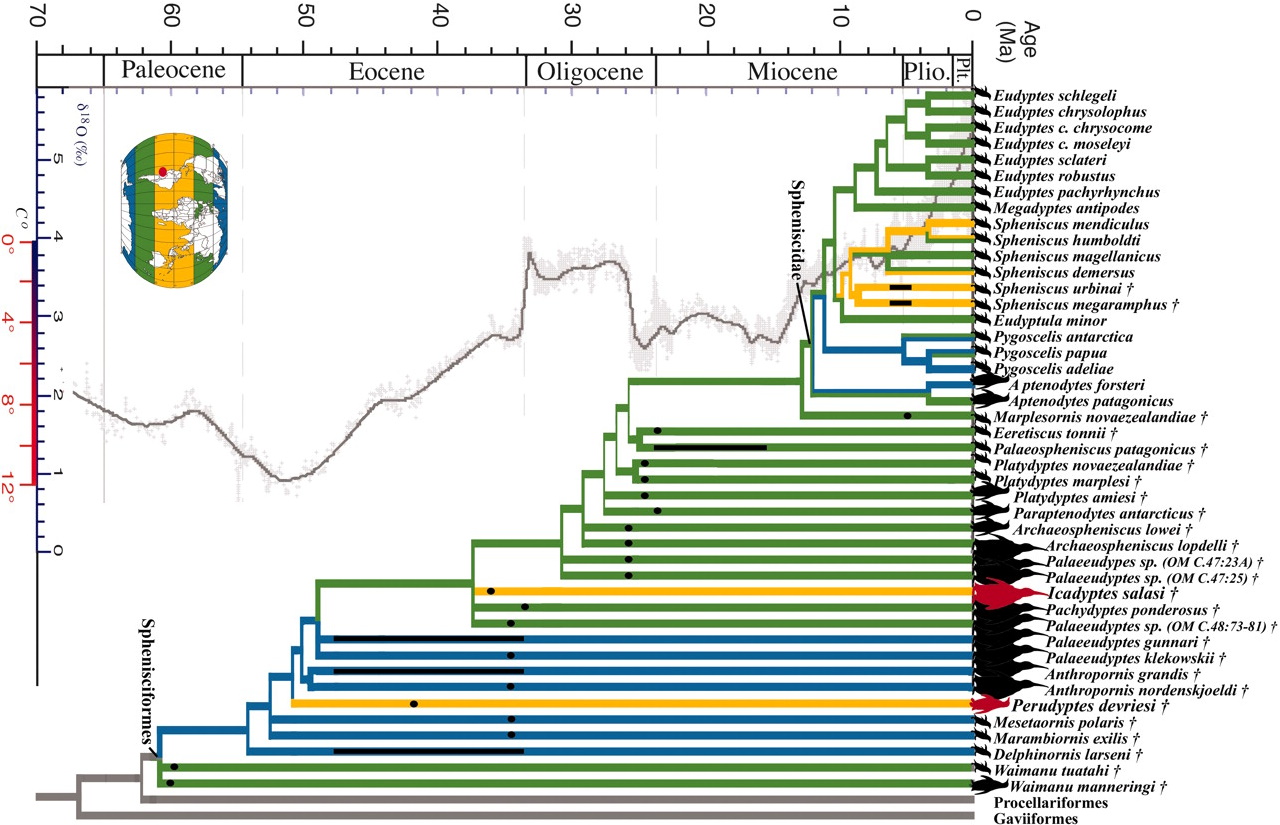November 15, 2012
|
 What a difference a year makes. Last November, two male African penguins (Spheniscus demersus)
living at the Toronto Zoo made worldwide headlines after they took more
interest in each other than in members of the opposite sex.
What a difference a year makes. Last November, two male African penguins (Spheniscus demersus)
living at the Toronto Zoo made worldwide headlines after they took more
interest in each other than in members of the opposite sex.Considering the penguins—Pedro and Buddy—were brought to the zoo for breeding purposes, it posed quite the conundrum for zookeepers who planned to separate the pair in hopes that attractive females would catch their eyes.
As I wrote last year, it wasn’t clear at the time if the penguins were truly homosexual or just lonely, but now we have an update. The planned separation, it seems, did the trick. Not only have Pedro and Buddy bonded with waiting females, they have gone ahead and mated. This week their mates laid six precious new eggs.
If the eggs hatch next month—which isn’t guaranteed—it will be an important success for the zoo’s effort to breed these endangered species (also known as black-footed penguins), which have experienced a 75 percent wild population drop over the past two decades. The zoo hatched three male penguins last year, all of which have survived.
This is actually Buddy’s second chance at fatherhood since last November. He and his mate Farai incubated and hatched two chicks in February, but neither survived. As the zoo wrote in a press release (pdf) at the time, “Mortality of chicks is high within the first three weeks after hatching with both wild and captive-bred penguins from any one of several factors such as predation, competition from other pairs, weather and the experience of the parents.”
Although Buddy and Pedro no longer act like a same-sex couple, two homosexual king penguins (Aptenodytes patagonicus) in Denmark’s Odense Zoo recently became parents after several years of cohabitation. A female penguin abandoned her egg and the two males stepped in to save it.
Zookeepers had previously noticed the males’ desire to be parents when the birds tried incubating dead herring and then tested their skills with a ball before a real egg became available. The birds took turns incubating the egg, which hatched last month. By all accounts, the chick is doing well.
Homosexuality in penguins has been observed in the wild, notably in king penguins. A 2010 study of the species found instances of males flirting with one another and male–male or female–female bonded pairs, although many broke up if more suitable opposite-sex mates turned up. A 2009 study published in Trends in Ecology & Evolution found that some species adapt to same-sex bonding in order to create more parenting roles. Homosexuality has been observed in more than 1,000 species.
Photo: African penguins at Toronto Zoo by Erica Peterson via Flickr. Used under Creative Commons license
source

















No comments:
Post a Comment